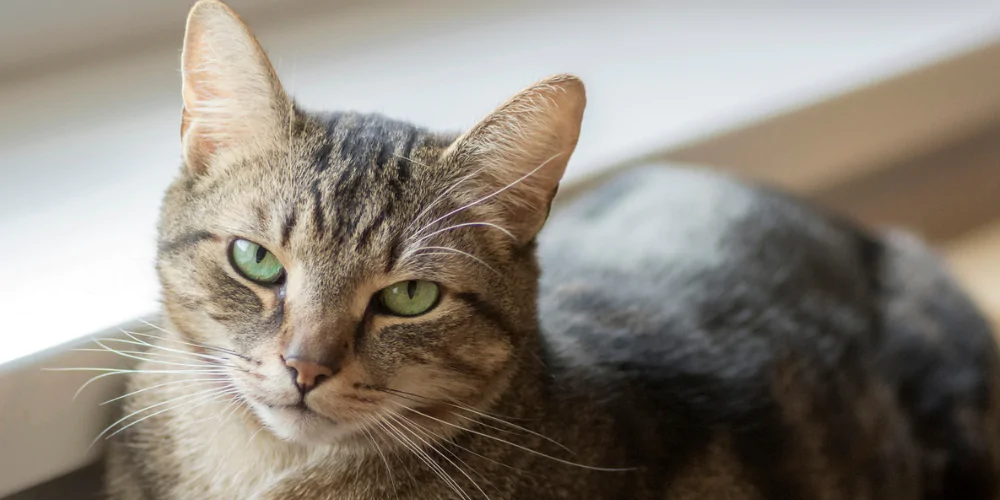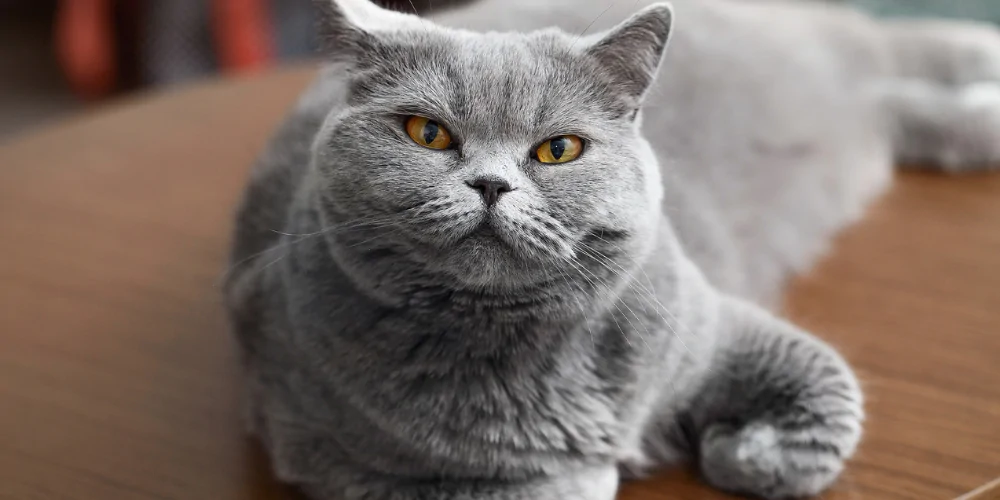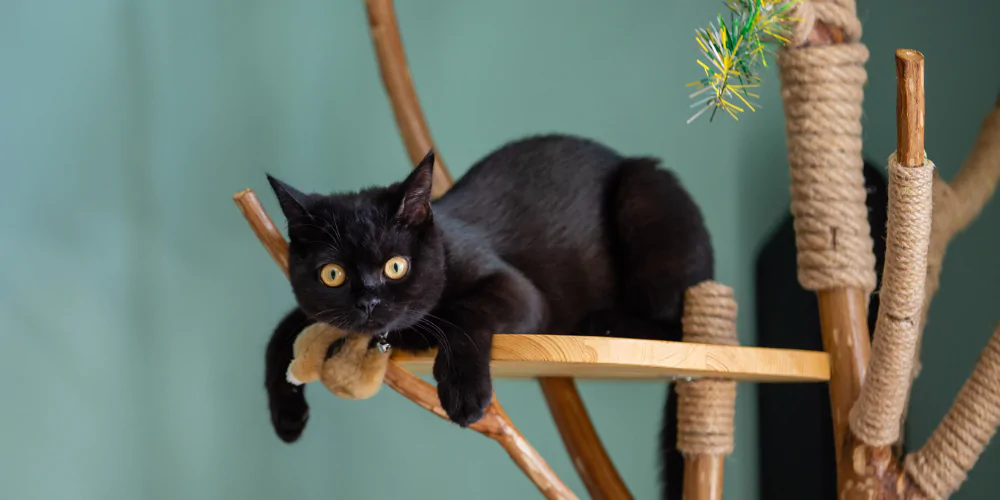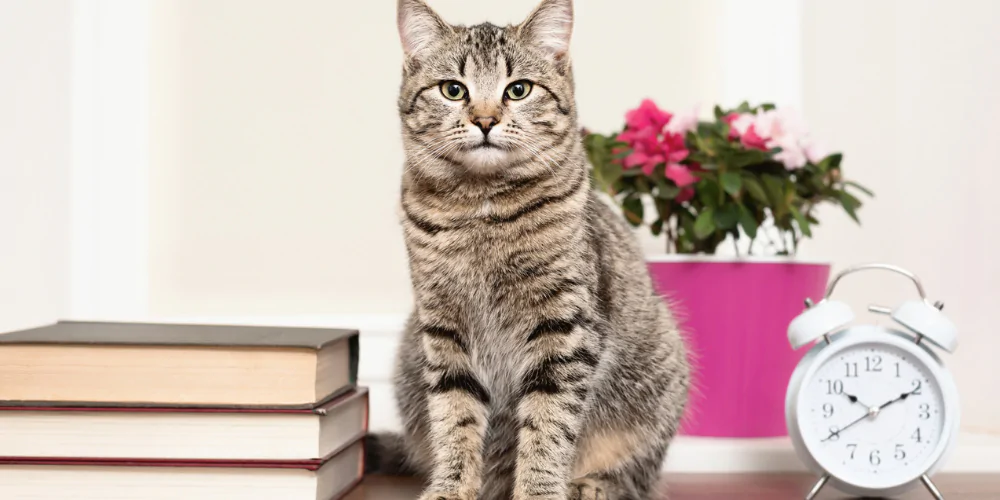
UK cat vaccine shortage: What to do if you’re affected

Allie Simpson
29 November 2021 | 3 minutes read
There is still a Europe-wide shortage of cat vaccines. The British Veterinary Association (BVA) and the National Office for Animal Health* (NOAH) has provided guidance on what to do if you’re affected, so let’s find out.

What’s causing the cat vaccination shortage?
The BVA has suggested that the lack of vaccines could be because of a few things.
- More people became pet owners over the last 18 months (as people were working from home full time).
- Many vaccination appointments had to be postponed, so clinics are having to catch up on these post-lockdown.
> Are dogs affected by the vaccine shortage?
While dog vaccines have been affected, it’s mainly cat vaccines that are seeing the highest amount of shortages. This is why many vet clinics are advising clients that there could be short-term delays for some people in getting their felines vaccinated.
> Why can’t cat vaccines be made more quickly?
The production process is carefully regulated to make sure the vaccines are safe, high quality, and effective. Speeding things up could affect the quality of the vaccines, which nobody wants. Manufacturers are working hard to make vaccines for vet clinics across the UK. They’re also talking with vets to make sure vulnerable pets still have access to vaccines.

How do I know if my cat can get a vaccine?
Vets are deciding which cats have vaccination priority based on their risk level. They will consider things such as:
- Your cat’s age
- Their lifestyle
- Their vaccination history
- Number and species of other pets in the household
When it comes to priority level for getting a vaccine, the BSAVA are grading cats as follows:
> Higher risk
✓ Kittens – primary course of vaccinations
✓ Adult cats – first annual booster
✓ Multi-cat – in environments that change, for example boarding batteries
> Lower risk
╳ Outdoor cats – annual booster
╳ Kittens – stay indoors only
╳ Adult cats – stay indoors only

Will my cat be at risk if their booster vaccine is delayed?
Many adult cats who are thought to be low-risk can have their booster vaccines safely delayed for three months. They’re at low-risk of getting ill from the diseases the vaccinations protect against, for short periods after the boosters are due.
If you’re not sure whether your cat is ‘low-risk’, reach out to your vet for support.
Vet clinics are very busy at the minute, so if you’re unable to get through to your normal practice, you can also video call FirstVet any time of day.
> How can I help keep my cat safe during the vaccine shortage?
There are a few things you can do to help keep your cat safe during the vaccine shortage, depending on your feline’s age:
- Keep your kitten indoors and away from animals that aren’t part of your household.
- Before bringing a new kitten home into a multi-cat household, check that they have had their primary vaccination course.
- Speak to your vet before allowing your cat to go outside, even if it is secure and confined.

When will the pet vaccine shortage end?
Your local vets should keep you informed of any changes to vaccine availability. Continue to follow the guidance recommended by the BVA and BSAVA in the meantime.
If you notice any changes in your cat’s health, reach out to FirstVet. With a Petsure policy, you have 24/7 access to video consultations with their knowledgeable, UK-based vets. This can be done from the safety and comfort of your home, whenever you need it.
Don’t forget about covering your cat for unexpected vet fees with a lifetime cat insurance policy.
*Information accurate as of 18th November 2021 – no further updates to October 2021 vaccine shortage statement.


